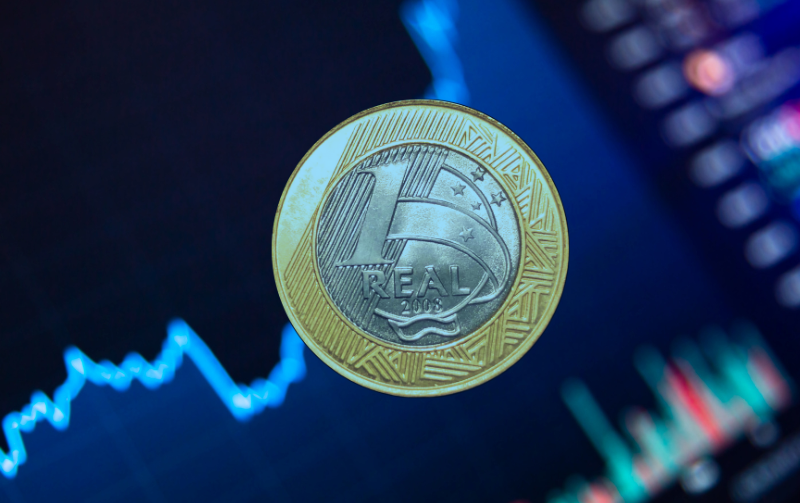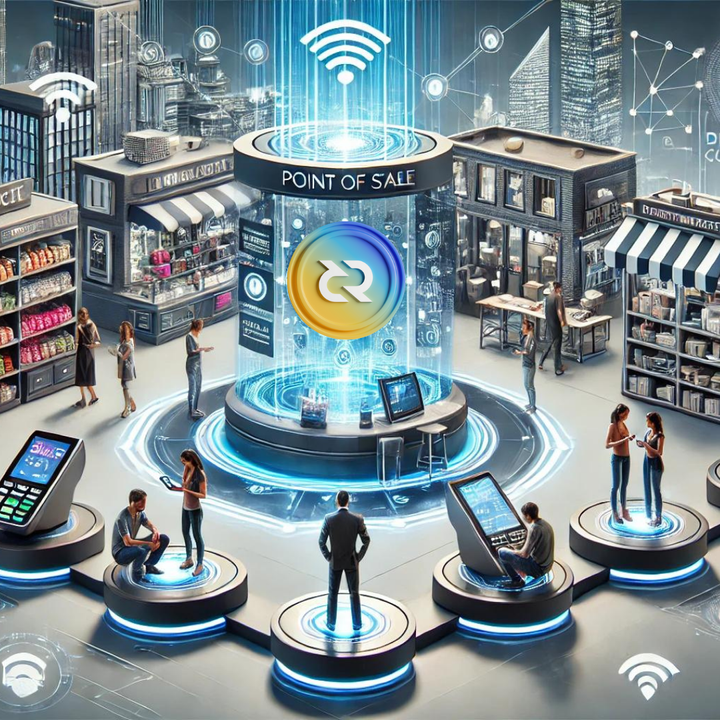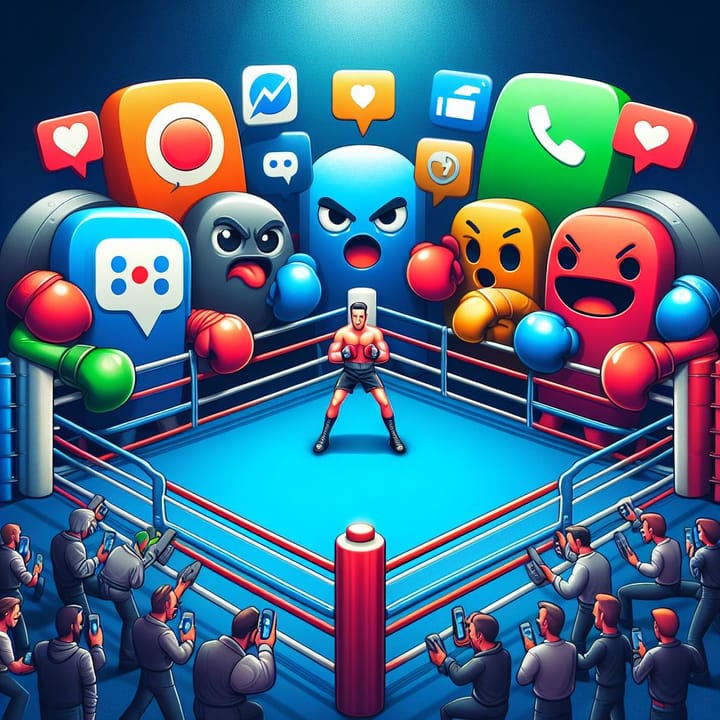The platform is versatile and works as a blockchain, but in a closed manner – or, as the Central Bank usually defines: permissioned.
The Brazilian Central Bank has just announced the name and some details of its first regulated digital currency: DREX. The acronym is an abbreviation of the expression "Digital Real X." Studies were conducted for six months to define the characteristics and name of this digital currency. Until then, the project was named "Digital Real." The DREX is expected to come into effect between late 2024 and early 2025, the tests are already underway.

The Central Bank selected 16 institutions to participate in the pilot project. They will be responsible for building the systems to be integrated with the Hyperledger Besu technology and developing financial products and technological solutions.
Hyperledger Besu
Besu is a DLT (Distributed Ledger Technology), a digital ledger that records transactions. It was developed in 2019 by Hyperledger, a collaborative open-source project of The Linux Foundation – the same group associated with the free "competitor" of the Windows operating system.
In this technology, encrypted information blocks form a chain that is sealed for each link after a specific time interval. The integrity of the data remains intact, as the blocks are linked together using encrypted passwords. Modifying any data within the information chain would render all subsequent blocks invalid.
The platform is versatile and works as a blockchain, but in a closed manner – or, as the Central Bank usually defines: permissioned. This means that Besu-based projects are controlled by an authority, whether it's a government, a company, or a group of individuals. In the case of Digital Real, the responsible entity will be the Central Bank itself.
Is it a cryptocurrency?
The Drex stands apart from existing cryptocurrencies. It operates under the regulation and oversight of the Brazilian Central Bank, in contrast to the decentralized management and private issuance typical of cryptocurrencies.
In addition to this, another key distinction lies in the fact that government-issued digital currencies, like the Drex, are directly tied to the national currency and its stability. Cryptocurrencies operate independently of any single national economy, which can lead to higher volatility. With its fixed parity, the Drex will maintain a stable value, always remaining at a 1-to-1 parity with the Brazilian Real (R$).
It's worth noting that the main difference between the digital version of the Brazilian Real and money held in a bank, also used for online transfers and payments, is a matter of responsibility: While the amounts deposited in banks are the responsibility of financial institutions, Drex will be under the responsibility of the Central Bank. This makes it equivalent to physical money kept in a wallet, as a result, there's no possibility of earnings on the digital real.
Moving Foward
Many countries already developed their digital currencies. Some examples are:
India: E-Rupee
China: Digital Yuan
Singapore: Ubin+
Jamaica: Jam-Dex
Nigeria: eNaira
Ghana: Digital Dirham

A recent study from the U.S.-based Atlantic Council think tank reveals that 130 countries, accounting for 98% of the global economy, are currently investigating digital iterations of their currencies. Nearly half of these countries have progressed to advanced development, pilot, or launch stages. The research highlights substantial advancements in the last six months, bringing all G20 nations, except Argentina, into one of these advanced phases.
In the United States, the advancement of a digital dollar is currently only making strides for a wholesale (bank-to-bank) edition. The development of a retail version intended for broader public use is experiencing a "standstill".
On the other hand, two countries accept Bitcoin as legal tender: El Salvador and The Central African Republic. Do you think more countries can accept crypto as a legitimate legal tender? Or Digital currencies will take over? Leave a comment!






Comments ()